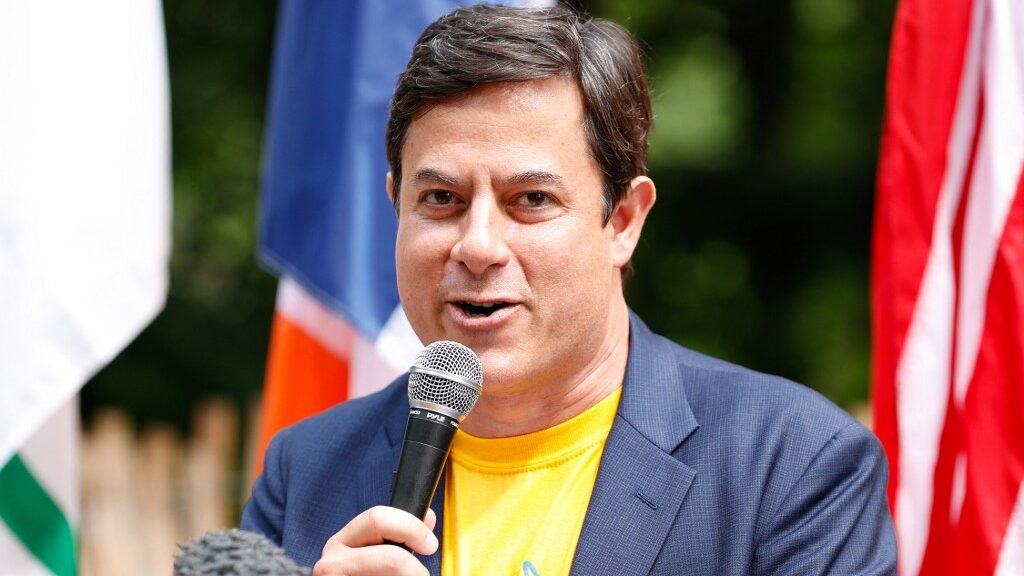
Vermont sports betting is undergoing some changes with the recent passing of an online sports betting bill. Currently, the state is crafting rules and regulations that the sportsbooks are questioning as unconventional and ill-advised.
Nevertheless, the Vermont Department of Lottery Board of Directors responded on Monday by unanimously approving “enhanced procedures” for sports betting but would consider amendments to current regulations in the future.
Reinventing the Wheel
It’s not unusual for politicians to conjure the “smartest person in the room syndrome” but it can be particularly annoying when they try to reinvent the wheel in an industry that has enjoyed unparalleled success, reaping billions of dollars for tax coffers throughout the nation.
And at first blush, it appears that is precisely what is happening in Vermont, a state that has always walked to its own hippy-dippy drumbeat. Several unusual ideas from sign-up forms, to problem gambling contacts, to requiring online sportsbooks to divulge their proprietary source code have several of the gaming entities pushing back.
FanDuel Director of Regulatory Affairs, Andrew Winchell, submitted a proposal that would mandate that the sportsbooks meet or exceed the specifications set by the independent testing lab chosen by Vermont, GLI, and if they did so, their book would be approved rather than having to reveal specifics about its code.
Winchell wrote, “If the Mobile Sports Wagering Platform meets or exceeds the specifications set forth in these Procedures or other technical specifications as prescribed by the Department, the independent testing laboratory approved by the Department shall certify the Mobile Sports Wagering Platform. Sportsbooks are prohibited from offering Sports Wagering in Vermont without such certification.”
Another odd technical requirement being bandied about by the state would have sports betting platforms forced to integrate technology with suppliers and providers that are “not critical” to operations. FanDuel is advocating for operators to ensure that integration, where needed, is functioning properly.
Gambling Hotline
The standard national hotline for problem gambling is 1-800-GAMBLER but that somehow doesn’t cut the mustard in Vermont. Instead, legislators want a hotline based in Vermont and, in addition, allow gamblers to request restrictions on their accounts through a chat program that could potentially be riddled with problems.
Traditionally, those who want to place limits on their account or wish to be placed on a self-exclusion list, do so through a standard form located on the operator’s website or sports betting app. It seems to work everywhere else but Vermont legislators are thus far unconvinced.
And in another stunning display of naivete, Vermont legislators believe any wagers made before the player excludes themselves should be rescinded.
What the Green Mountain State politicians don’t seem to understand is that not everyone will self-exclude because they no longer want access to gambling sites. Some will self-exclude when they see their bets tanking and will game the system by self-excluding, knowing their money will no longer be in jeopardy.
In fairness, this is one of the few concerns that was heard and ultimately overturned, but the fact that the committee put this on the table, to begin with, illustrates a fundamental lack of street smarts.
VDLB’s Tepid Reply
The Vermont Department of Lottery Board took all of 12 minutes in its Monday meeting to respond to the many pointed criticisms by the industry platform providers.
Lottery Commissioner, Wendy Knight, was quick to dismiss horse racing wagering of any kind but that wasn’t germane to the critiques levied by the very experts who are in charge of companies that have flourished in the post-PASPA betting environment.
Knight deftly avoided answering many of the questions that fell into the concerns that “exist in other states and are becoming the industry standard,” in her own words. The most pressing regulation concerning the operators, revealing proprietary source code to the chosen independent testing site, Gaming Laboratories International, during the testing and certification process, remains in place.
After revealing that all unclaimed funds in sportsbooks’ accounts would be earmarked for the state treasurer’s office, the following updates were revealed:
- Explicitly banning proxy betting.
- Defining a “collegiate sports tournament” as one that involves at least four teams, which ultimately allows for betting on any team in such a tournament held in the state. The language is similar to that in Massachusetts, and both states prohibit betting on local college teams unless they are playing in such a tournament.
- Clarifying that the “owner of a team” is anyone with a 5% or larger stake.
- Removing a section that would have required “a brief description of a sporting event and wagering proposition.”
- Loosening language that would have required operators to indicate which fields are “required” on a registration form. Multiple operators suggested such language would require them to change existing forms.
- Adding a section to strengthen responsible gaming tenets which read, “Operators will ensure that individuals on the Self-Exclusion List do not receive direct marketing, telemarketing promotions, player club materials, or other targeted promotional materials related to Sports Wagering.”
- Updating a section regarding exclusion lists with comments from several operators, now allowing for wagers made before a player joins a self-exclusion list or is added to an involuntary exclusion list to be settled and distributed.
The upshot of the board’s cavalier attitude towards most of the issues concerning the operators could very well be that those major players such as FanDuel, DraftKings, and Caesars, to name a few, will elect to forego doing business in Vermont. Getting a piece of a very small pie may not be worth revealing their secret recipes that have reaped billions upon billions of dollars for these gaming giants.
In short, if it ain’t broke, don’t fix it. Take note Vermont.













